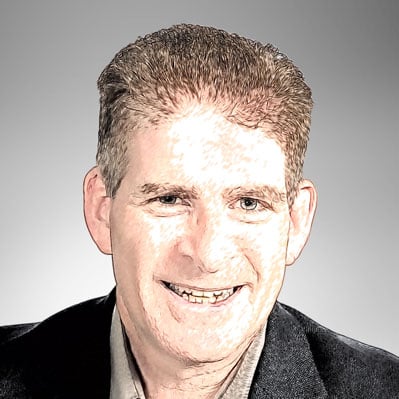AutoQuiz is edited by Joel Don, ISA's social media community manager.
This automation industry quiz question comes from the ISA Certified Control Systems Technician (CCST) program. Certified Control System Technicians calibrate, document, troubleshoot, and repair/replace instrumentation for systems that measure and control level, temperature, pressure, flow, and other process variables. Click this link for more information about the CCST program.
In troubleshooting a system failure, a suspected bad component is replaced with a known good component. This does not correct the problem. What is the next best course of action?
a) build software traps involving additional logic and code to detect the problem
b) further analyze the problem and collect additional data as necessary
c) set additional alarms to pinpoint the problem
d) retain a consultant who specializes in this type of repair
e) none of the above
Troubleshooting is often an iterative process. If the proposed solution is not the correct one, further analysis and data collection are warranted.
Answers A and C are not the best answers because not all component failures involve the process control system or its associated program code and alarms. Sensors, actuators, and other field devices all have replaceable components that can fail. Code and alarms cannot pinpoint a transmitter failure to the analog output circuit, for example.
Answer D is not the best answer because this approach would be very expensive, as there are dozens of specific failure types that may occur. Also, basic troubleshooting does not require a specialized consultant; it can be done effectively by the control technician using the ISA logical and analytical approach to troubleshooting.
The correct answer is B, “further analyze the problem and collect additional data as necessary.”
Reference: Goettsche, L.D. (Editor), Maintenance of Instruments and Systems, 2nd Edition
About the Editor
Joel Don is the community manager for ISA and is an independent content marketing, social media and public relations consultant. Prior to his work in marketing and PR, Joel served as an editor for regional newspapers and national magazines throughout the U.S. He earned a master's degree from the Medill School at Northwestern University with a focus on science, engineering and biomedical marketing communications, and a bachelor of science degree from UC San Diego.




